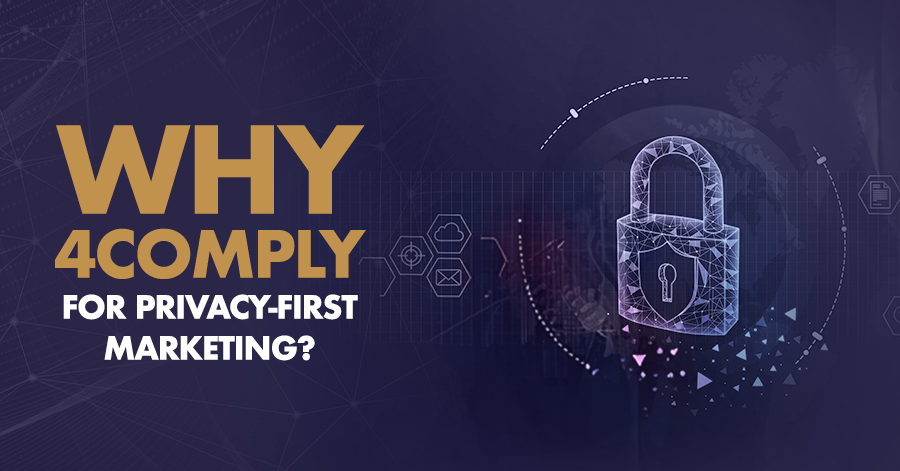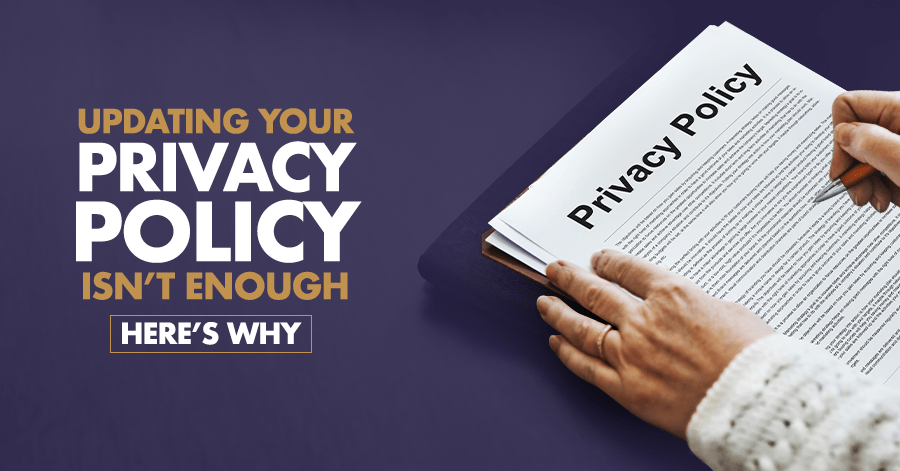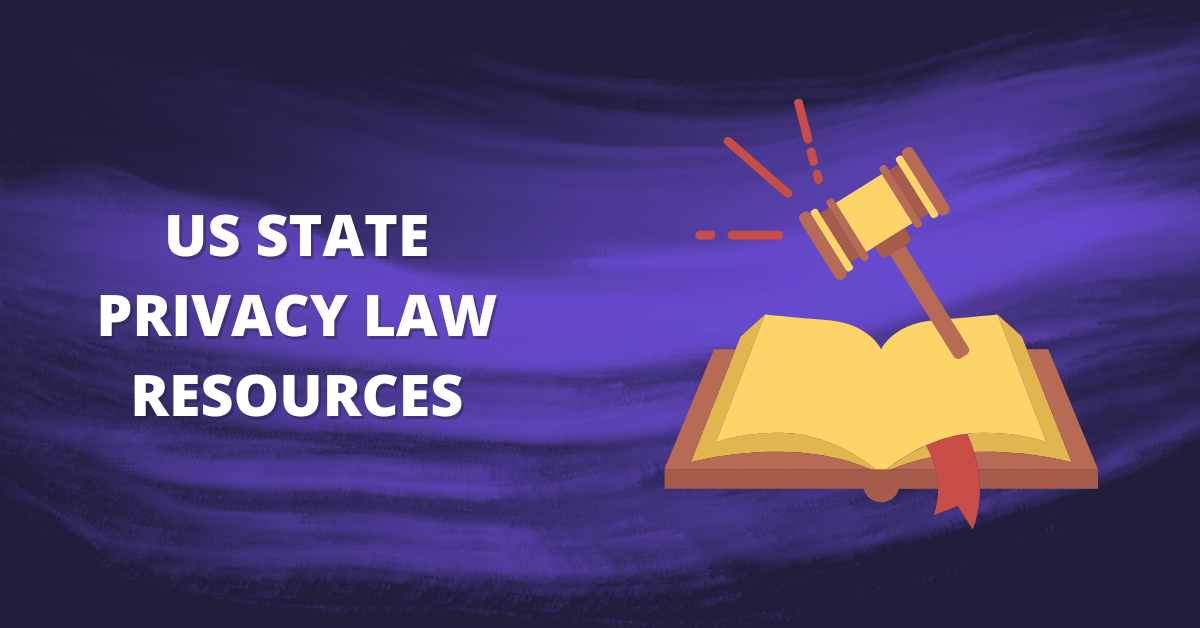Dispelling 5 Common Privacy Myths


In the ever-evolving landscape of data-driven business, organizations are often caught between the imperative of privacy compliance and the desire to build deeper, more meaningful relationships with their customers. While compliance with data protection regulations is crucial, an exclusive focus on it may cause companies to miss out on a valuable opportunity: leveraging privacy as a competitive advantage. Today, we delve into several pervasive data privacy myths that hinder companies from capitalizing on this opportunity.
Privacy Myth: Security Solutions Fulfill Privacy Requirements
Many organizations invest heavily in security solutions, focusing on perimeter and access controls to safeguard against external data breaches and unauthorized access. However, this approach falls short of protecting data from improper use or during its journey.
Data privacy complements data security by safeguarding the data itself. It protects sensitive data from misuse while preserving its utility for safe analytics. Embracing a layered approach to data protection ensures both security and usability.
Furthermore, don’t make the mistake of assuming that consumers care more about data protection than data privacy. While safeguarding data against hackers is undoubtedly important, consumers also seek control over their personal data. Organizations that prioritize data protection at the expense of data privacy risk alienating customers who seek clarity about their data’s storage and utilization.
Privacy Myth: A Privacy Notice is All You Need
A privacy notice (sometimes called a privacy policy) outlines exactly how your company collects, processes, and uses customer data. Virtually every privacy law requires that you have one readily available on your business website. But the notice on its own doesn’t fulfill all of your legal obligations.
Successful data privacy transcends privacy notices. It encompasses the comprehensive management of personal data and the fulfillment of data subject rights. Data privacy should be seamlessly integrated into the entire customer journey, from marketing and sales to servicing and retention efforts.
Privacy Myth: Data Privacy Regulations are Too Strict
Another fallacy suggests that data privacy regulations place unreasonable restrictions on data-driven business models. But this is simply not the case. Even the GDPR, one of the most far-reaching privacy laws in existence, gives businesses a decent amount of freedom when it comes to collecting and using customer information. A savvy marketer can leverage customer data without sacrificing compliance.
Additionally, consumers are still willing to share their data if they see tangible benefits, such as personalized experiences and personalized communication. Companies that articulate these benefits and transparently communicate data collection and protection measures will maintain access to customer data.
Instead of looking at data privacy laws as hindrances or checklists, think of them as opportunities to enhance customer connections. Data privacy should not be the sole responsibility of a data privacy officer. Rather, it should involve a cross-functional team to define and customize privacy requirements, aligning them with customer expectations.

Privacy Myth: Privacy Management is Prohibitively Expensive
The cost for implementing privacy compliance is not insignificant. But don’t be tempted to skip this crucial step. While data privacy initiatives require resource investments, they can present significant revenue-generating opportunities. Combining security and privacy creates a compelling business case, even for organizations with limited budgets.
Privacy Myth: Compliance is a One-and-Done Project
Finally: you may be tempted to think that once you’ve achieved basic privacy compliance, you never have to worry about it again. This is unfortunately not true. The landscape of data privacy is in a perpetual state of flux, and complacency can lead to perilous consequences.
Achieving compliance is not a destination—it’s an ongoing journey. Organizations must remain vigilant and proactive, continuously monitoring the ever-changing data privacy landscape. New laws will continue to pass or be reinterpreted. New technology will require you to reevaluate how you use and store customer data. Even changes within your business, such as new vendors or acquisitions, introduce new factors that can affect your privacy compliance approach. Privacy management will be a part of your business’s essential structure as long as it exists.
Conclusion
Dispelling these data privacy myths is essential for organizations aiming to safeguard sensitive data, comply with regulations, and harness data for growth. Embracing data privacy not only protects against threats but also unlocks the untapped potential of data-driven insights, ultimately contributing to business success.
If your organization needs to rework its approach to privacy compliance, or if you just want to know how to do better, don’t worry—our team of privacy experts is here to help. Contact us today to get started.



